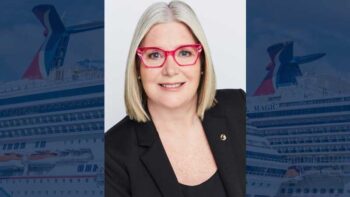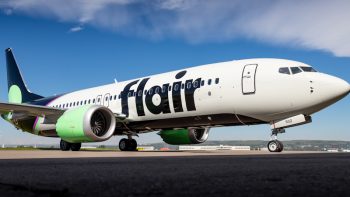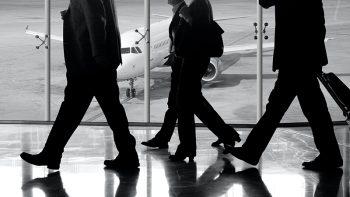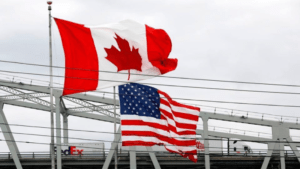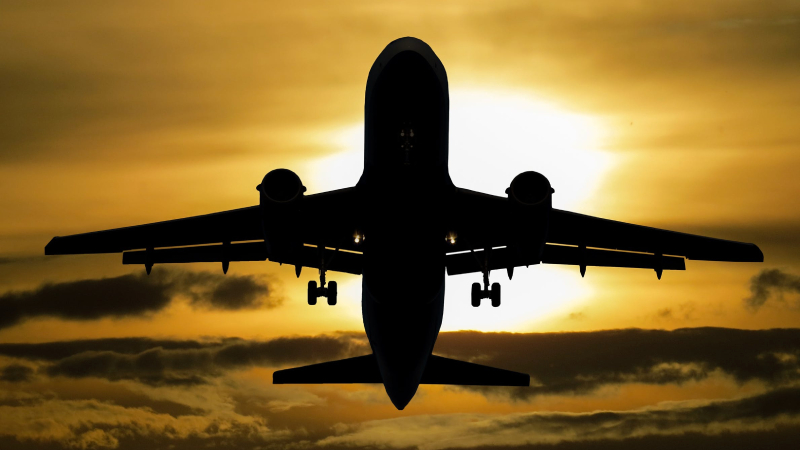
Governments are talking out of both sides of their mouth, and it’s hurting travel and tourism around the world, a senior IATA exec says.
Peter Cerda, regional vice president of the International Air Transport Association, sat down with the Sunday Business Guardian at the CAPA Centre for Aviation Airlines Summit at the Hyatt Regency in Port-of-Spain, Trinidad.
On one hand, governments around the world talk about the need for more connectivity, Cerda said. On the other hand, they pursue the contradictory policy of increasing taxes on tourism and travel.
“You want tourism to increase, you want more flights, but at the same time, you’re taking advantage of that favourable position or situation to increase taxation,” he said. “And that is discouraging more people from coming for travel and tourism, particularly in an age where consumers have the internet to search for the best destination, the best experience at the best price,” the regional vice president emphasised.
One of the panel discussions at the CAPA summit was focused on the same issue.
“With regional governments still viewing commercial aviation as a piggy bank, how can the industry enhance profitability in the face of high taxes and fees,” read a bullet point for one of the presentations.
"Both IATA and Association of Latin America Airline representatives spoke quite eloquently about how visitor taxes may look appealing on the surface but suppress both demand and long tail benefit of traveller spend as they experience the destination," BermudAir COO Charles McKee, who participated in the CAPA discussion panel, told Open Jaw.
In addition to tourism taxes, Canadian airlines have been bitterly complaining about high airport fees and taxes for years. Some have suggested high taxes are partly to blame for the paucity of low-cost airlines in Canada.
Canada’s airport landing fees are among the highest globally, affecting ticket prices. This not only impacts domestic carriers but also foreign airlines landing in Canada along with a potential rebound on inbound tourism.
In 2015, the World Economic Forum ranked Canada as one of the top countries for travel and tourism competitiveness. According to Statistics Canada, the number of travellers visiting Canada is still below pre-pandemic levels.
Why are airport fees so high in Canada? The argument is that as not-for-profit organizations owned by the federal government, Canadian airports pay high rents to Ottawa and lack the efficiency of privatized global hubs.
According to Simple Flying “this system sees airport operators as 'tenants' paying rent to the government. The rents are substantial and can represent up to 12% of airport revenues.”
WestJet CEO Alexis Von Hoensbroech on 22MAY called for a freeze on mandatory government-imposed fees and a permanent end to airport rent collection.
“There’s no other place in the world where it’s so expensive to operate an airline,” von Hoensbroech told the Globe and Mail, “and this is not just because of the distance, but also because of the high cost of infrastructure.”
Visitor taxes are also increasingly levied by cities and destinations worried about over-tourism.
Cerda told the Guardian that IATA wants the industry to win, to be successful in new markets, and for destinations to be successful.
“We want to contribute to economic development. We want to contribute to better social conditions in the country, along with the Gross Domestic Product (GDP) to increase, but there has to be a balanced approach in how we go about that,” he said.


